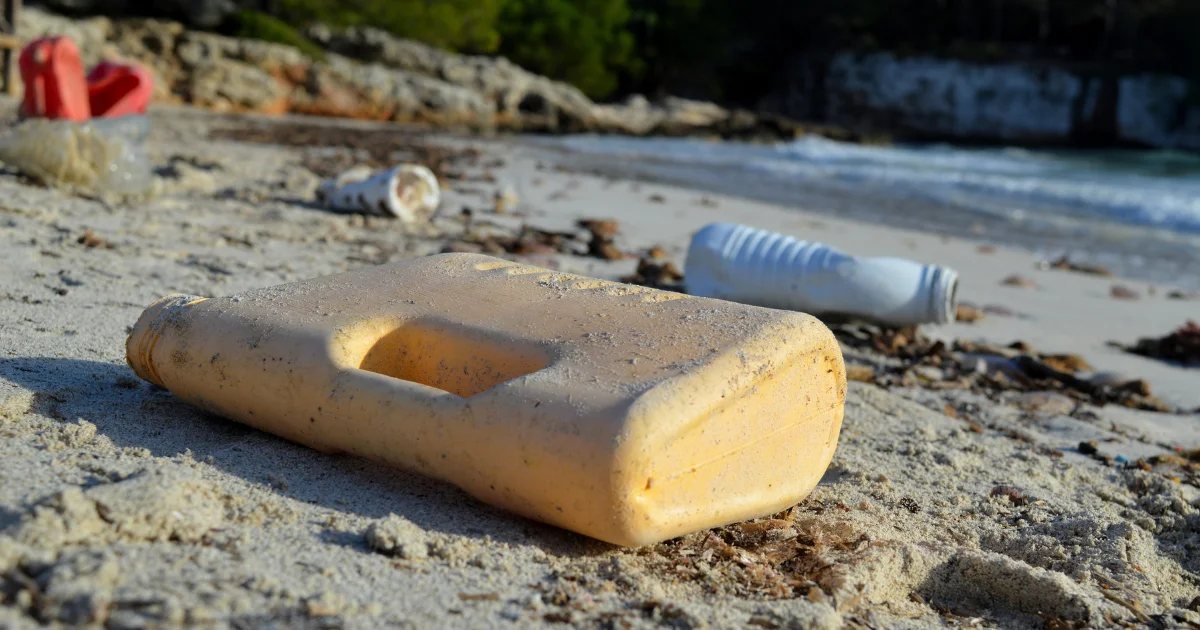Understanding basic environmental law regulations are an important part of commercial real estate projects in Michigan.
Some properties are contaminated by heavy metals, organic and inorganic chemicals, petroleum-based toxic substances, dilapidated buildings, and waste caused by previous decades of industry practices, or years of neglect.
As a result, redevelopment of these properties can be delayed or so complicated, they’re abandoned again. Whether contamination is discovered or suspected, proper analysis requirements force owners and developers to know for sure, before beginning a new project.
The intricate mix of federal and state environmental laws and regulations that must be followed can deter some would-be developers, especially when they realize how much legal aid becomes necessary. Read on to get some basics in real estate laws and regulations, where environmental concerns are involved.
Real Estate Environmental Law Regulations
The Michigan Department of Environment, Great Lakes, and Energy (EGLE) oversee programs involving contaminated property repair and reconstruction. Highlighted below are some of the major environmental laws and regulations that relate to commercial real estate development:
CERCLA
The Comprehensive Environmental Response, Compensation, and Liability Act (CERCLA) was signed into law by the federal government in 1980. The goal of this law is to identify contaminated places and provide funds to clean them up.
The statute mandates that people and/or businesses accountable or potentially responsible for the creation of hazardous waste leaks or uncontrolled hazardous waste sites be identified. The act also established the Superfund, a $9 billion fund to pay for the remediation of hazardous waste sites that have been identified.
The act establishes severe accountability for such a site and its remediation. This refers to a situation in which the property owner has no defense to his liability. The statute also recognizes joint and multiple liabilities, which implies that if more than one person is accountable for a hazardous waste site, the law applies to the group as well as to each individual.
If one of two people, for example, did not have enough money to clean up the damage, the second party may be held liable for the entire cost. Consequently, the second party would have to file a lawsuit to obtain payment from the other party.
Furthermore, even if he or she did not create the hazardous waste site, a present landowner might be held accountable under CERCLA for the costs of cleaning it up. The current owner might then seek compensation from the people who originally owned the site or from the Superfund itself.
LUST
The Environmental Protection Agency’s Leaking Underground Storage Tanks (LUST) program, also known as the Underground Storage Tank (UST) program, was established in 1984 as part of the Resource Conservation and Recovery Act.
This initiative is aimed at hazardous items like chemicals and oil-based products like motor fuel that are stored in underground storage tanks. The Environmental Protection Agency (EPA) requires that these tanks must be registered.
However, the underground storage tank program exempts tanks used for on-site heating oil, tanks having a storage capacity of fewer than 110 gallons, and motor fuel storage tanks on farms and residential properties with a capacity of fewer than 1,100 gallons. In addition, tank installation and maintenance, as well as spill prevention and monitoring, are all regulated under the program.
BEA
Under Michigan’s environmental remediation statute (Part 201) of the Natural Resources and Environmental Protection Act, if a property owner conducts a Baseline Environmental Assessment (BEA) within 45 days of acquiring, foreclosing, or occupying a property, they are not liable for pre-existing contamination at that property.
A BEA is a written document that details the findings of an All Appropriate Inquiry (AAI) as well as the analysis of soil and/or groundwater samples that establish the property’s status as a facility. Part 201 defines a facility as any area, place, or property where hazardous material is present in concentrations greater than the Michigan general residential cleanup guidelines.
However, the BEA process has been drastically altered as a result of changes to the Part 201 Act (which took effect on December 14, 2010). EGLE no longer evaluates BEA reports on demand and will not issue a nonliability determination. The BEA must still be reported to the EGLE within 6 months of the acquisition, occupancy, or foreclosure date, whichever is earlier.
Why Bowen Law?
At Bowen Law, we offer both compliance and litigation services in environmental law. Among the issues that require environmental compliance are land use and property transactions, corporate due diligence, hazardous waste removal, natural resource issues, and responding to greenhouse gas regulations. Our real estate attorneys understand the many challenges that can arise during the process and are here to help if you need a commercial real estate attorney.

